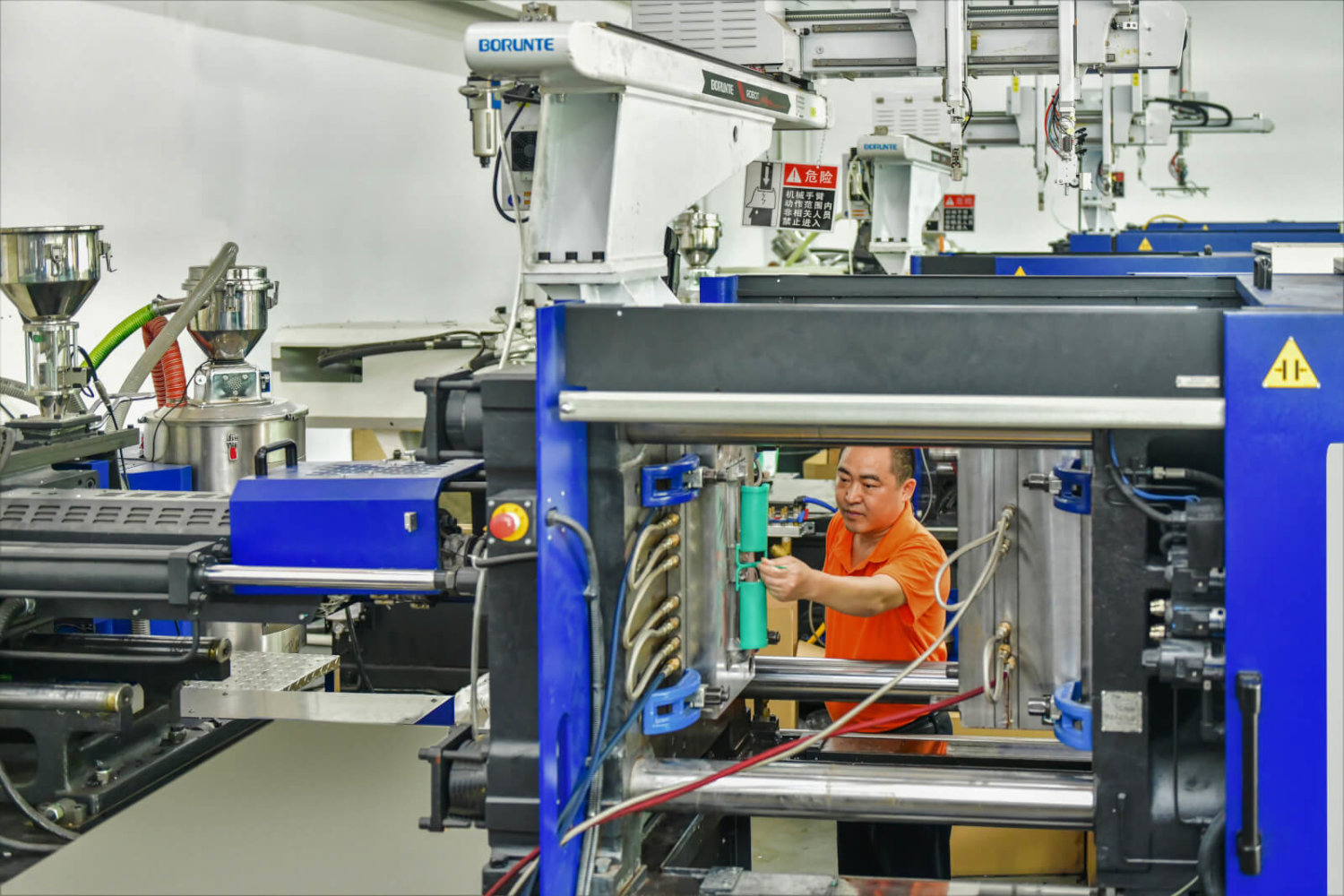In the current fast-paced manufacturing sector, the ability to transform new notions into tangible goods is more crucial than ever. One robust approach that plays a significant role in this process is bespoke injection molding. This manufacturing technique allows businesses to produce precise and intricate parts customized to their specific requirements, optimizing production and enhancing product design features.
Tailored injection molding offers a distinct blend of efficiency and versatility, empowering designers and engineers to bring their visions to life with exceptional accuracy. By employing specialized molds and high-quality materials, this process can create products from small components to large assemblies, catering to a wide range of industries. Grasping the ins and outs of tailored injection molding is crucial for anyone looking to convert their ideas from mere sketches to fully actualized products that meet market demands.
Comprehending Tailored Injectable Moulding

Personalized injectable moulding represents a manufacturing method which involves producing polymer parts by inserting liquid plastic into a casting. This method allows for high precision and the capability to manufacture complex shapes which could be difficult or infeasible to achieve with alternative production methods. The procedure begins with designing a mold according to the specifications of the desired item, that can be customized for diverse uses and industries.
This importance of tailored injection molding resides in its flexibility and efficiency. Shippers can create large quantities of parts with uniform quality and detail. Such technique not only minimizes waste but additionally shortens production times, making it an ideal solution for companies seeking to scale their operations yet upholding quality standards. Regardless for commercial, retail products, or niche uses, personalized injection molding offers a dependable method to transform innovative concepts into usable items.
In addition, the substances used in tailored injectable moulding are varied and can consist of thermoplastic materials, thermosetting materials, and even eco-friendly choices. This flexibility enables designers and engineers to select the most appropriate substance for their particular needs, whether it be strength, adaptability, or cost-effectiveness. Consequently, tailored injection moulding can facilitate a broad range of industries, from car manufacturing to electrical devices, enabling the realization of unique ideas and enhancing product development.
Benefits of Tailored Molded Molding
Bespoke injection manufacturing offers unparalleled precision in manufacturing. This process allows for the production of highly intricate components with close tolerances, making sure that each component meets exact design requirements. The ability to produce intricate shapes and features not just enhances functionality but additionally contributes to an aesthetically attractive final product. Producers can achieve specific levels of detail that alternative processes fail to provide, making it an perfect choice for sectors requiring stringent standards.
Another significant advantage of bespoke molded manufacturing is its effectiveness and ability to scale. Once the first mold is developed, the method allows for high-volume production runs with minimal labor costs. This means that manufacturers can produce a large number of components quickly, making it an economical option for mass production. Additionally, the consistency of the molded products ensures high quality across batches, which is vital for maintaining brand reputation and fulfilling customer expectations.
Ultimately, custom molded molding provides versatility in raw material selection. Producers can opt from a diverse variety of thermoplastic materials and thermosetting polymers , allowing for tailored properties such as strength, flexibility, and temperature resistance. This flexibility enables designers to choose materials that best fit their particular application, contributing to improved performance and durability of the end product. By capitalizing on the benefits of tailored molded molding, companies can efficiently turn creative ideas into practical, commercially viable solutions.
The Process of Tailored Molding through Injection
Personalized molding through injection begins with the design phase, where engineers collaborate with customers to understand their specific needs and requirements. This stage involves creating detailed 3D models and prototypes to visualize the final product. The design must consider factors such as choice of materials, part shape, and production quantity to ensure optimal results. By using sophisticated computer-aided design tools, manufacturers can model the injection process, identifying potential problems before moving on to the subsequent phases.
Once the design is completed, the next step is creating the mold. Molds are typically made from high-quality steel or aluminum and are exactly crafted to match the specifications of the product. The mold design can greatly impact the efficiency of the production process, as well as the quality of the final parts. After construction, molds undergo thorough testing to ensure they can handle the extreme pressure and temperature during the injection molding process.
The final stage is the actual molding through injection process, where plastic materials are warmed and injected into the mold at elevated pressure. Once the liquid plastic fills the mold cavity, it solidifies and hardens, taking on the shape of the desired product. After cooling, the mold opens, and the completed parts are ejected. This process allows for high-volume production with uniform quality, making custom injection molding an indispensable method for transforming innovative concepts into physical products.
